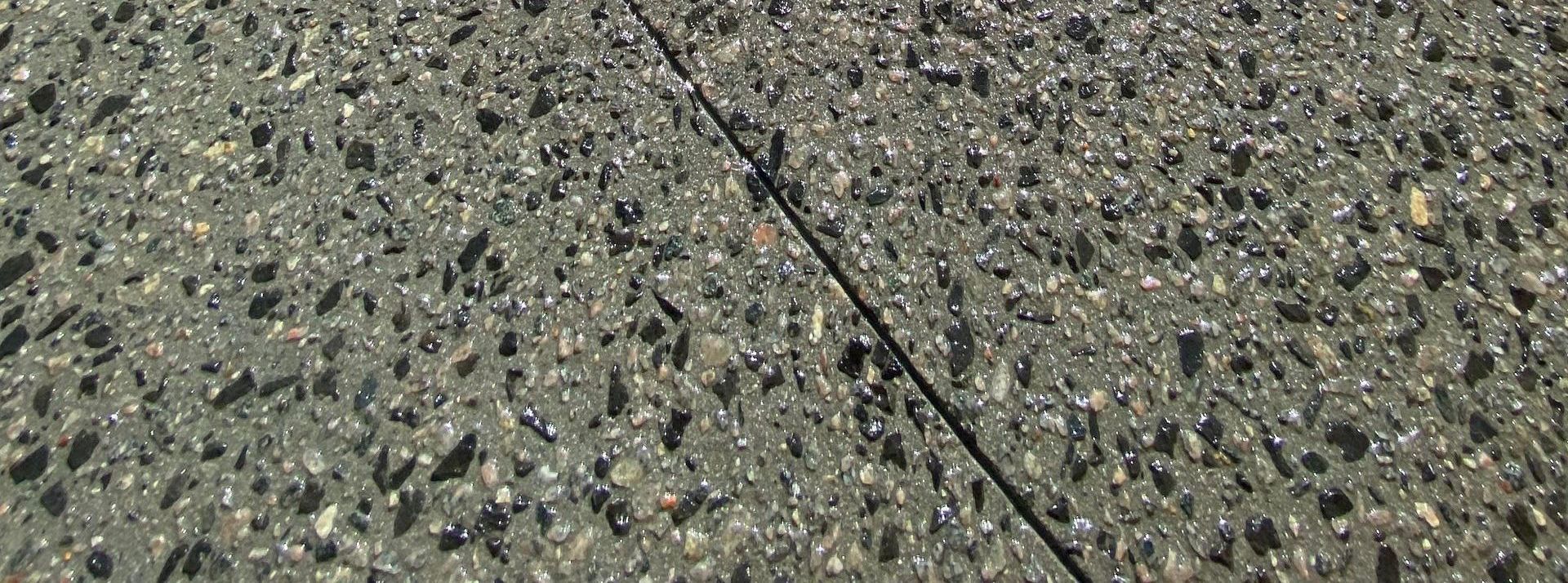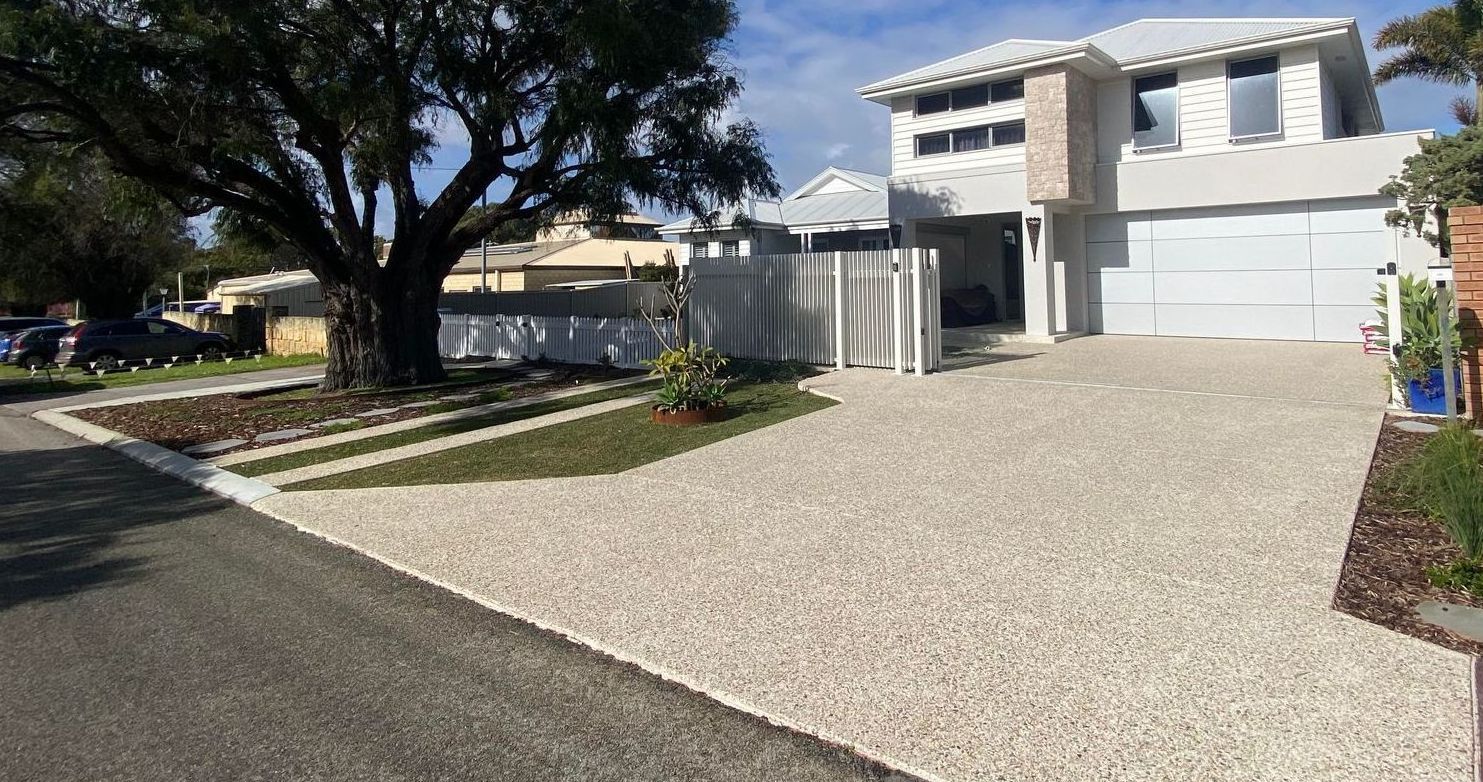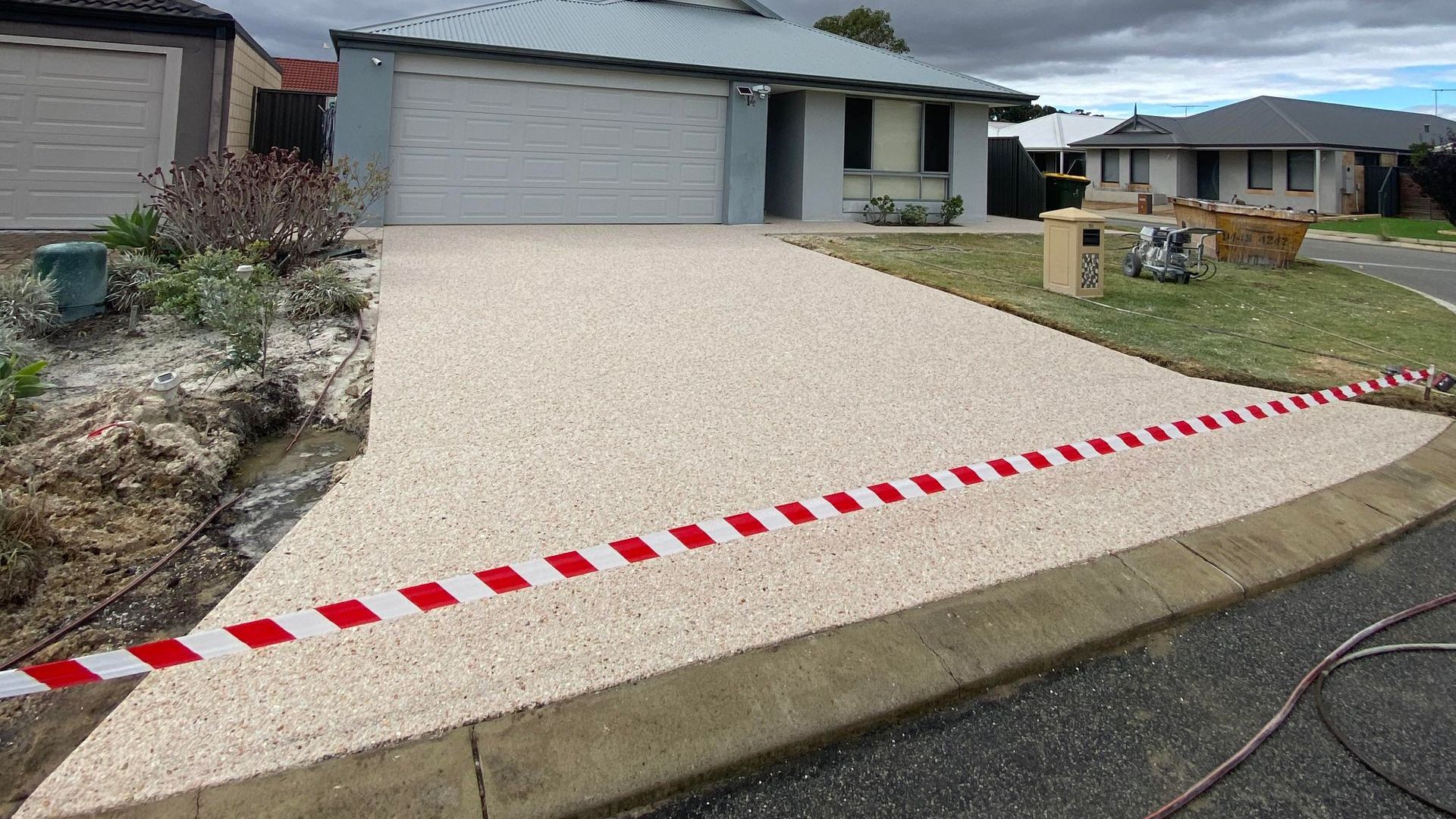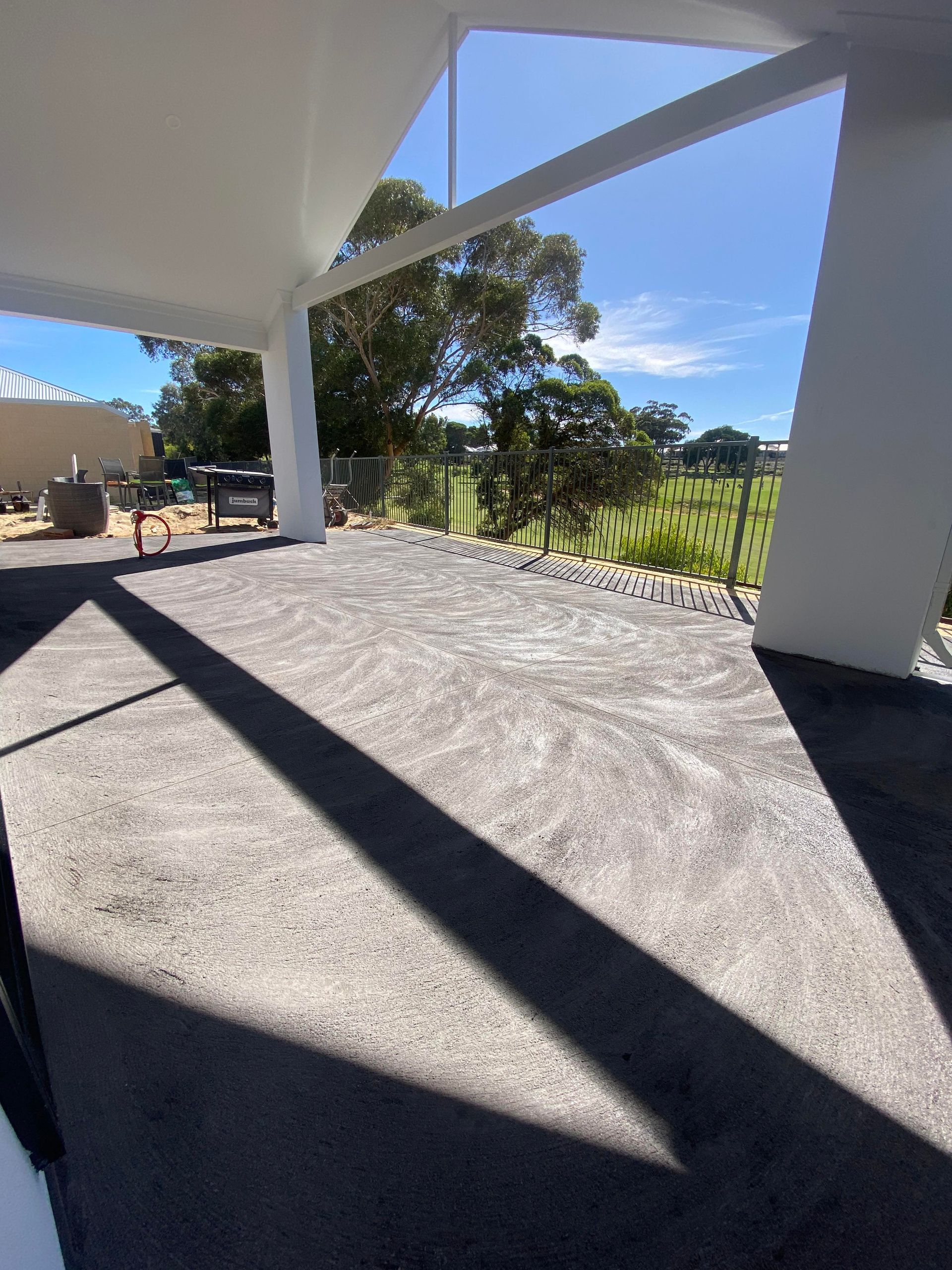Liquid Limestone: Why it is an Ideal Option for Perth's Climate
Table of Contents
- Introduction
- Pros of Concrete Driveways
- Cons of Concrete Driveways
- Pros of Asphalt Driveways
- Cons of Asphalt Driveways
- Factors to Consider when Choosing Between Concrete and Asphalt
- Cost Considerations for Asphalt vs Concrete Driveways in Perth
- Maintenance and Durability of Concrete and Asphalt Driveways
- Environmental Impact of Concrete and Asphalt Driveways
- Conclusion: Making the Right Choice for Your Driveway
Introduction
When it comes to driveways, the decision between concrete and asphalt is a common dilemma for homeowners. Both quality materials have their own set of advantages and disadvantages, making it essential to weigh the pros and cons before making a choice. Concrete driveways are known for their durability and long lifespan. They can withstand heavy loads and are resistant to weathering, making them an excellent choice for areas with extreme climates. Concrete also offers a wide range of design options, allowing homeowners to customise the look of their driveway to complement their home. On the other hand, asphalt driveways are more affordable upfront and easier to install. They also have better traction, which is beneficial in areas prone to wet or icy conditions. However, asphalt driveways require more maintenance and may need to be resurfaced every few years. When choosing between concrete and asphalt driveways, it's important to consider factors such as climate, budget, and maintenance requirements. By weighing the pros and cons, homeowners can make an informed decision that suits their needs and enhances the overall curb appeal of their property.
Pros of Concrete Driveways
Concrete driveways are known for their durability and long lifespan. Unlike asphalt, concrete can withstand heavy loads without cracking or sinking. This makes it an excellent choice for homeowners with multiple vehicles or those who frequently have guests over. Additionally, concrete driveways are resistant to weathering, making them a great option for areas with extreme climates.
Another advantage of decorative concrete driveways is the wide range of design options they offer. Homeowners can choose from various finishes, colours, and patterns to create a unique look that complements their home's exterior. Decorative elements like stamped concrete, coloured concrete and exposed aggregate can add a touch of elegance and increase the curb appeal of the property.
Concrete driveways also require minimal maintenance. Regular cleaning and sealing are usually enough to keep them in good condition. With proper care, a concrete driveway can last for decades, saving homeowners money on repairs and replacements in the long run.
Cons of Concrete Driveways
One of the main drawbacks of concrete driveways is the higher upfront cost compared to asphalt. Concrete is a more expensive material, and the driveway installation process is also more labour-intensive. However, considering its durability and longevity, the initial investment can be justified.
Another disadvantage of concrete driveways is the potential for cracking. While concrete is generally resilient, it can develop cracks over time due to factors like freeze-thaw cycles, tree roots, or heavy vehicle traffic. Although cracks can be repaired, they may affect the appearance of the driveway if not addressed promptly.
Additionally, concrete driveways may not be suitable for areas with expansive soils or regions prone to seismic activity. The soil movement can cause the concrete to shift or crack, requiring costly repairs or replacements.
Pros of Asphalt Driveways
Asphalt driveways are a popular choice for homeowners looking for more affordable driveway options. The upfront cost of installing an asphalt driveway is generally lower than that of concrete. This makes it an attractive choice for those on a tight budget or planning to sell their property in the near future.
Another advantage of asphalt driveways is their quick and easy installation. Unlike concrete, which requires several days to cure, asphalt driveways can be ready for use within 24 to 48 hours. This means less disruption for homeowners and a faster turnaround time.
Asphalt driveways also provide better traction, especially in areas prone to wet or icy conditions. The dark colour of asphalt absorbs heat, helping to melt snow and ice more quickly. This can significantly improve safety and reduce the risk of accidents during winter months.
Cons of Asphalt Driveways
While asphalt driveways offer affordability and convenience, they come with their own set of disadvantages. One major drawback is the need for regular maintenance. Asphalt surfaces require periodic sealing to protect against moisture, UV rays, and chemicals. Without proper maintenance, the asphalt can deteriorate quickly, leading to cracks and potholes.
Unlike concrete driveways, which can last for several decades, asphalt driveways have a shorter lifespan. On average, an asphalt driveway needs to be resurfaced every 10 to 15 years. This additional expense and inconvenience should be factored into the decision-making process.
Another issue with asphalt driveways is their susceptibility to higher temperatures. In hot climates, asphalt can become soft and prone to deformation, resulting in tire marks or even ruts. This can be a concern for homeowners living in regions with extreme heat.
Factors to Consider when Choosing Between Concrete and Asphalt
When deciding between concrete and asphalt driveways, several factors need to be taken into account.
Climate
One of the most critical considerations is the climate of the area. If you live in an area with harsh winters or extreme heat, concrete driveways may be more suitable due to their durability and resistance to weathering.
Budget
Budget is another important factor to consider. While concrete driveways have higher upfront costs, they require less maintenance over time, making them a cost-effective choice in the long run. On the other hand, asphalt driveways offer affordability upfront but may require more frequent repairs and resurfacing.
Maintenance
Maintenance requirements should also be considered. Concrete driveways require minimal maintenance and can generally withstand heavy use. Asphalt driveways, however, need regular sealing and may need to be resurfaced every decade or so.
Aesthetics and Curb Appeal
Lastly, the desired aesthetic and curb appeal should be taken into account. Concrete driveways offer versatility in terms of design options, allowing homeowners to create a unique and visually appealing entrance to their property. Asphalt driveways, while more limited in design choices, can still provide a clean and classic look.
Cost Considerations for Asphalt vs Concrete Driveways in Perth
The cost of a driveway depends on several factors, including the size, location, and complexity of the installation. Larger areas or areas that are more complex or involve intricate designs are likely to be more costly than a simple plain concrete driveway.
When deciding on the right material for your driveway in Perth, it's essential to weigh the initial installation costs against long-term value. While both asphalt and concrete driveways are popular choices, each comes with its own financial considerations.
Initial Installation Costs
Asphalt often has a lower initial cost due to the cheaper raw materials and faster installation time. In Perth's dynamic market, this can be appealing for those looking to cut immediate expenses. However, it's crucial to consider the lifespan and durability of the material, not just the upfront costs.
Concrete Driveways: A Worthwhile Investment?
Concrete driveways, on the other hand, are an investment in longevity and durability. Known for their resilience in the face of Perth’s variable climate—from scorching summers to wet winters—concrete surfaces stand the test of time. Although the initial investment is higher than asphalt, concrete driveways can last up to twice as long if properly maintained.
Maintenance and Upkeep
The upkeep of asphalt requires regular sealing every few years to maintain its integrity and appearance, which can add up in terms of maintenance costs. Concrete, while more resilient to Perth’s weather, may not need as frequent maintenance, but any repairs that are needed can be more costly due to the nature of the material.
Maintenance and Durability of Concrete and Asphalt Driveways
Concrete driveways are known for their durability and long lifespan. With proper care, a concrete driveway can last for 30 to 40 years or even longer. Regular cleaning and sealing are typically all that's needed to keep the driveway in good condition.
Asphalt driveways, although less durable than concrete, can still provide a lifespan of 20 to 30 years with proper maintenance. Sealing the surface every few years and addressing any cracks or potholes promptly can extend the life of an asphalt driveway.
It's important to note that both concrete and asphalt driveways can develop cracks over time. However, concrete cracks are usually more noticeable and may require more extensive repairs. Asphalt cracks can be easily filled and sealed to prevent further damage.
Environmental Impact of Concrete and Asphalt Driveways
When it comes to the environmental impact, both concrete and asphalt driveways have their pros and cons. Concrete production is energy-intensive and contributes to carbon emissions. On the other hand, asphalt is a byproduct of oil refining, making it a more sustainable choice.
However, asphalt driveways require regular resurfacing, which involves the use of petroleum-based materials. This can offset some of the environmental benefits of using recycled asphalt in the initial installation.
Ultimately, the environmental impact of a driveway depends on various factors, including the materials used, maintenance practices, and recycling options available in the area.
Conclusion: Making the Right Choice for Your Driveway
Choosing between a concrete and asphalt driveway is a decision that should be based on careful consideration of the pros and cons. Concrete driveways offer durability, design options, and low maintenance, but come with a higher upfront cost. Asphalt driveways provide affordability, quick installation, and better traction, but require more frequent maintenance and have a shorter lifespan.
Factors such as climate, budget, maintenance requirements, and aesthetic preferences should be taken into account when making a decision. By weighing these factors and consulting with professionals, homeowners can choose the driveway material that best suits their needs and enhances the overall curb appeal of their property.
Regardless of the choice, regular maintenance and care are essential to ensure the longevity and performance of the driveway. With proper upkeep, both concrete and asphalt driveways can provide years of functionality and visual appeal to any home.
Head over to our latest blog post
Liquid Limestone: Why it is an Ideal Option for Perth's Climate or our blog post page for everything you need to know about concrete driveways in Perth.

Request
A Free Quote
Submit your request and we'll get back to you soon to organise a quote!
We will get back to you as soon as possible
Please try again later
Proudly Powered by West Digital Agency









